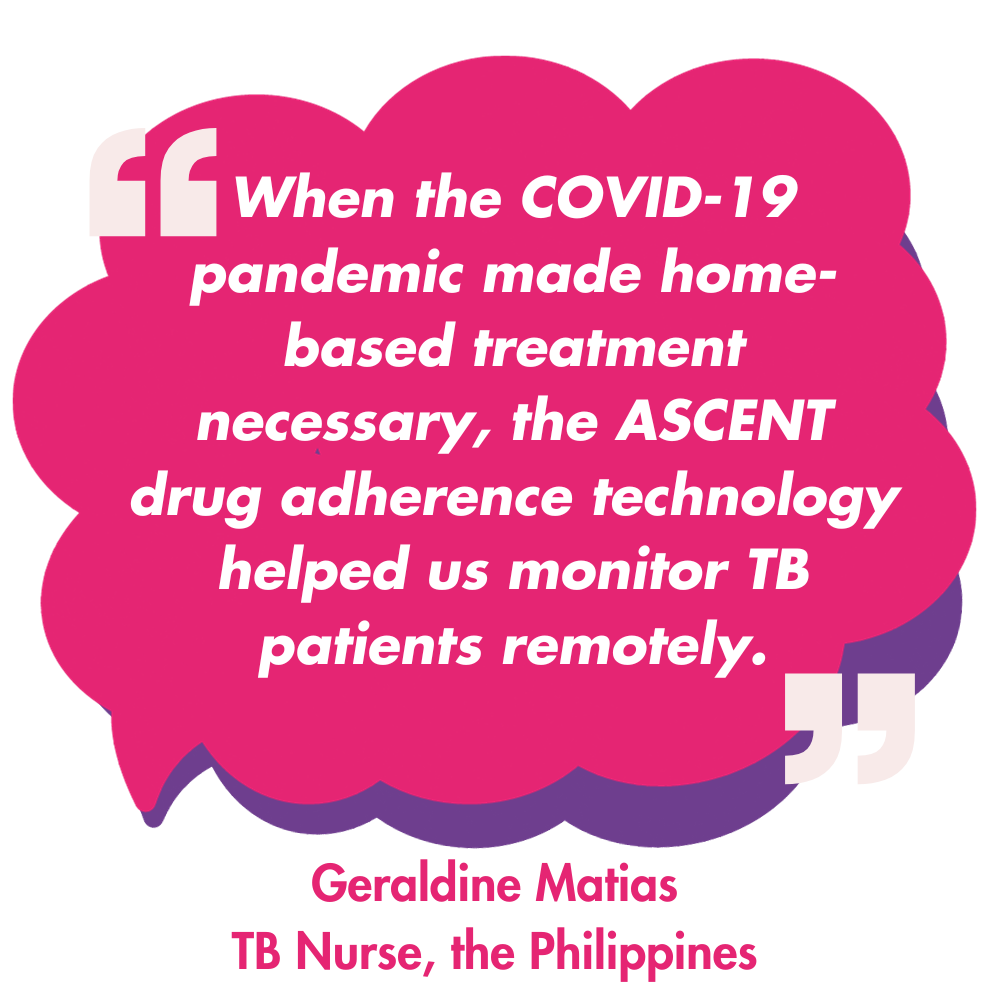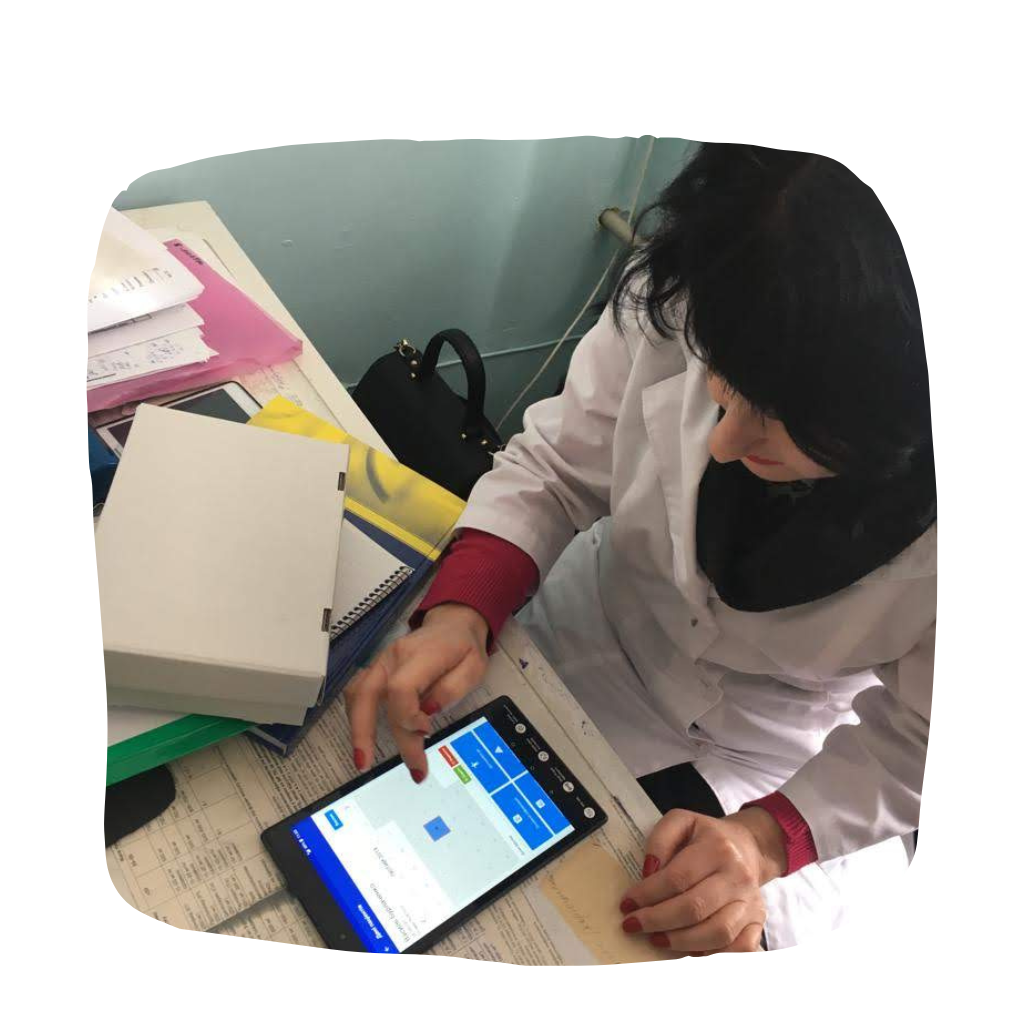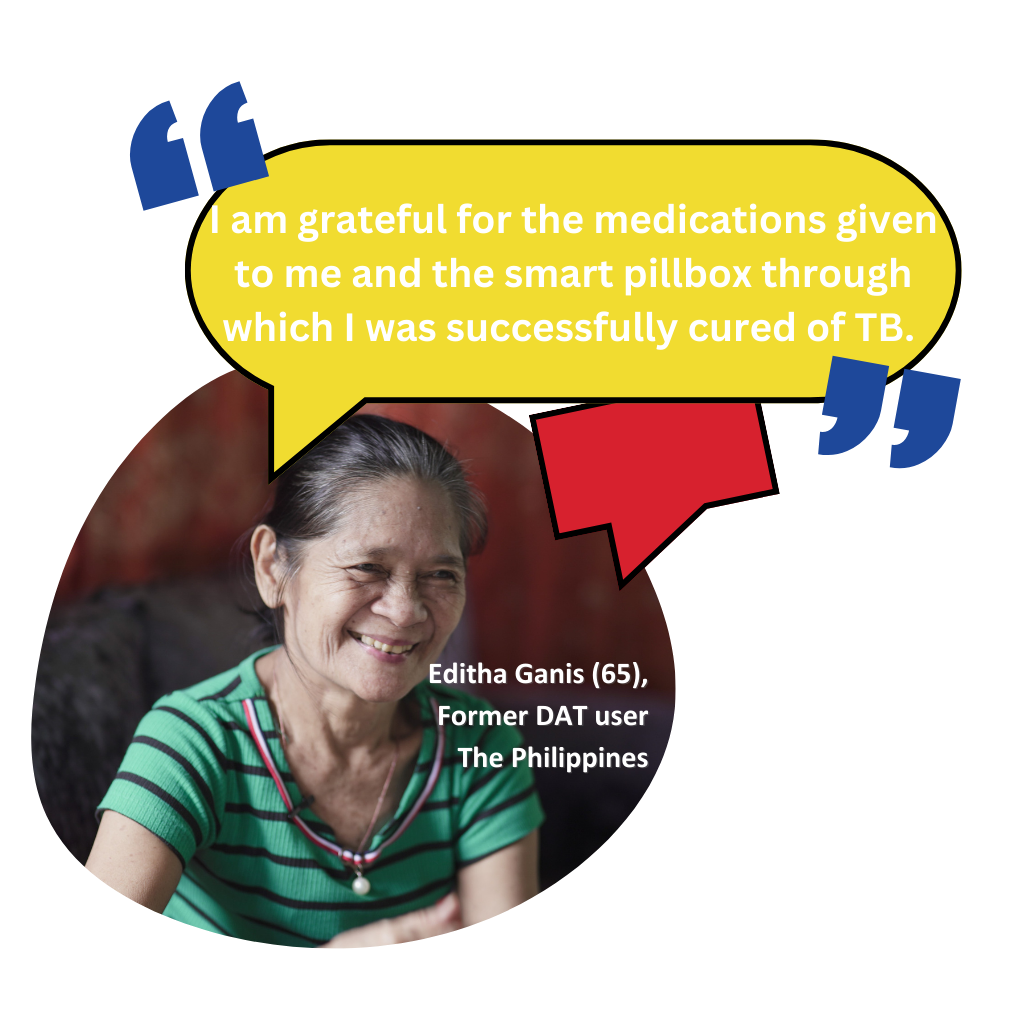WHAT ARE DIGITAL ADHERENCE TECHNOLOGIES?
Digital Adherence Technologies (DATs) are tools generated to provide daily support for individuals in the continuation of their treatments through the use of mobile phone, computer, web-based and/or electronic sensor technology.
Check out below the three DATs used throughout the lifecycle of ASCENT project:
“The smart pill box seems to be the most successful DAT within our project”
Kristian van Kalmthout, ASCENT Project Director
WHY ARE DIGITAL ADHERENCE TECHNOLOGIES IMPORTANT FOR TB TREATMENT?
Tuberculosis takes 1.5 MILLION lives around the world each year.
DATs can help to support people affected by TB with their treatment in a modern and effective way.
Direct Observation Treatment (DOT) entails:
-
Recurring visits to health facilities.
-
Out-of-pocket costs for people living with TB.
-
Time off from work and away from family.
-
Specialized TB care facilities.
-
Increased workload for trained TB care providers.
Successful TB treatment requires strict adherence schemes, usually in the form of directly observed treatment (DOT).
This makes DOT inconvenient for
people living with TB
“With DOT program, all patients (pregnant, disabled, seriously ill), all must visit treatment center every day to take their medication.”
Hana (Health Officer), Ethiopia
“This saves me time and transportation money. I also get less exposure to COVID-19”
Ronaldo Geronimo (43), the Philippines
With DATs:
Daily medication can be taken at a suitable time and place.
Health care providers can remotely follow treatment progress.
Treatment support is tailored to individual needs.
ASCENT, DRIVERS OF SUCCESS
“The digital adherence technology of ASCENT, particularly the smart pill box, does not only help our patients. It also helps our healthcare workers in distance monitoring using the ASCENT adherence platform.”
Mohammad Maximo (Rural Health Physician), the Philippines
MORE THAN 19,000 PARTICIPANTS

CONTINENTS

COUNTRIES
FUNDING AND SUPPORT
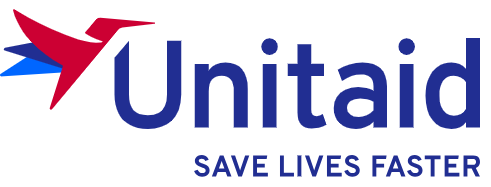
CONSORTIUM PARTNERS
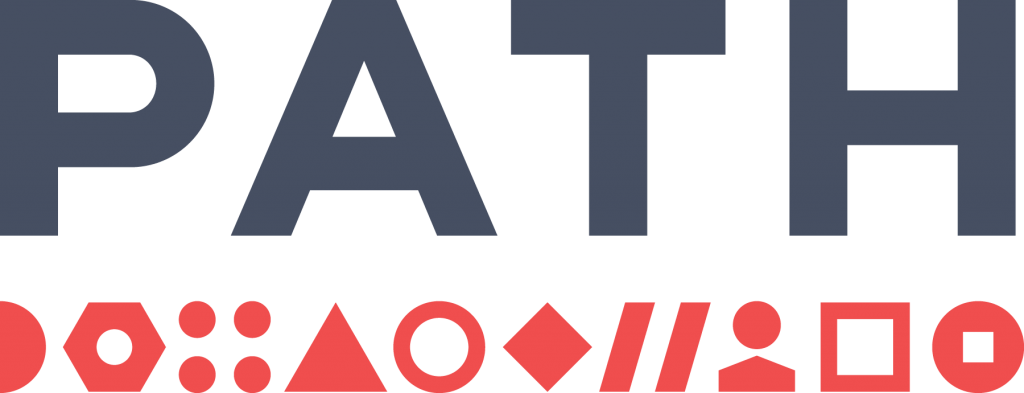
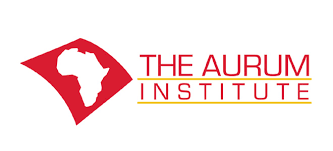
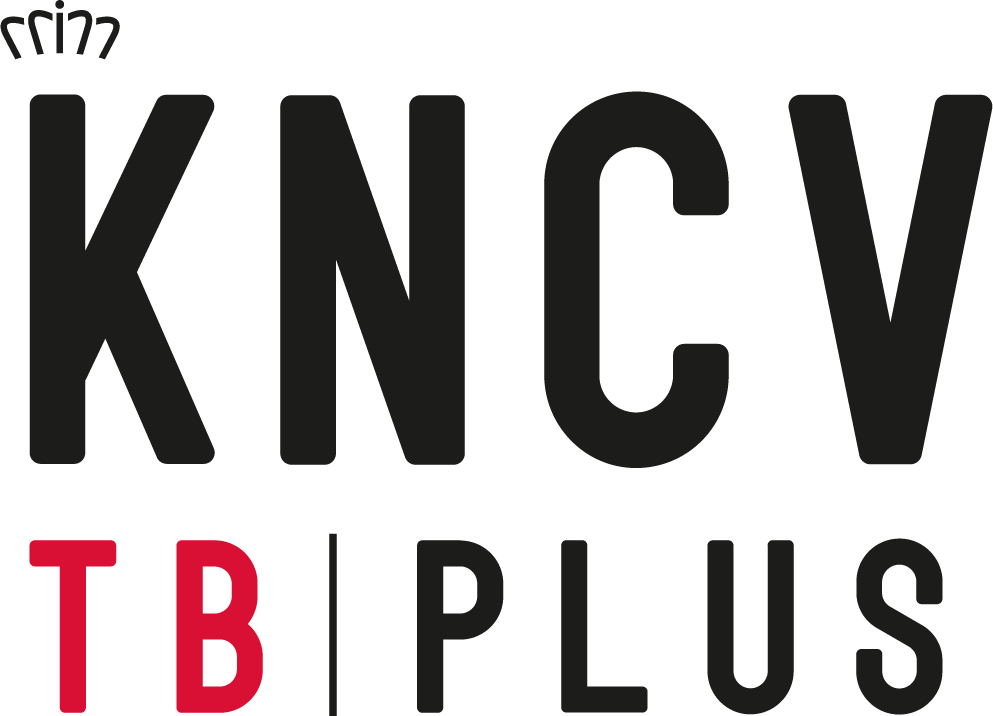

COUNTRY EXPERIENCES
ASCENT proved the transferability of DATs to different settings with diverse populations in support of the TB treatment cascade.
In collaboration with the National Tuberculosis Programs (NTPs), DATs have supported people in regaining ownership of their TB treatment and livelihoods across the study countries.
In Ukraine, the digital platform showing a person taking their medications uninterruptedly meant more than just the TB treatment adherence, it was also a sign that the person was still alive during the conflict.
“…it has helped us get timely data.”
Irene Noah (DOT Provider), Tanzania

SOUTH AFRICA
172,200 NEW and RELAPSED TB cases notified each year.
ASCENT project was executed with the support of the National Tuberculosis Program of the Department of Health of South Africa. Our project enrolled 3,084 participants and trained 157 providers in 64 healthcare facilities in the Gauteng Province (Tshwane District) and Western Cape Province (West Coast District).

ETHIOPIA
104,600 NEW and RELAPSED TB cases notified each year.
ASCENT project was executed with the support of the TB, Leprosy, and Other Lung Disease Desk of the Ministry of Health of Ethiopia. Our project enrolled 4,342 participants and trained 155 providers in over 80 healthcare facilities in Addis Ababa and Oromia.
The Ethiopian instance of Everwell Hub continues to be hosted at the KNCV- Ethiopia data center. The goal is to transfer the system to the Ministry of Health.
Currently, seeking funding for the continuation of DAT in enrolled health facilities and potential scale-up.

UKRAINE
18,300 NEW and RELAPSED TB cases notified each year.
ASCENT project was executed with the support of the National TB Programme, Public Health Centre and the Ministry of Health of Ukraine. Our project enrolled 1,645 participants and trained 223 providers in 24 rayons (districts) in five oblasts (provinces).

TANZANIA
86,700 NEW and RELAPSED TB cases notified each year.
ASCENT project was executed with the support of the National Tuberculosis and Leprosy Programme and the Ministry of Health, Community Development, Gender, Elderly and Children of Tanzania. Our project enrolled 4,776 participants and trained 72 providers in 72 healthcare facilities in Arusha, Geita, Manyara and Mwanza.
As a solution for low-cost continuation of the adherence platform, the smart pill box Application Programming Interface (API) is planned to be integrated into the DHIS2 system. This adherence platform is being adapted to support TB treatment as well as TB Preventive Treatment (TPT) adherence.
Currently in development of a DHIS2 (District Health Information System) generic app for potential use by any country with DHIS2 instance.

THE PHILIPPINES
321,600 NEW and RELAPSED TB cases notified each year.
ASCENT project was executed with the support of the National Tuberculosis Control Program and the Department of Health of the Republic of the Philippines. Our project enrolled 5,470 participants and trained 157 providers in 64 healthcare facilities in Bulacan and Papanga provinces.
The Department of Health of Philippines in partnership with the Philippines Business for Social Progress (PBSP) have already procured 6,000 Smart Pillboxes for use in the Philippines, with special emphasis on DR-TB treatment.
DATs have been integrated in the Philippines application for the Global Fund Grant Cycle 7 through PBSP. PBSP as Global Fund grant recipient in the Philippines, took over the management and funding for the Everwell Hub.
Currently, the Philippines is in the initial testing phase for integrating the Smart Pill box Application Programming Interface (API) into the in-country data system.
The smart pill box median engagement ranged from 94% to 100% across countries! This means: most of the people supported by a smart pill box actually used it!
PERSPECTIVES
ASCENT has built on the evidence to inform guidelines on DAT use for supporting TB treatment adherence. From a wider perspective, including DATs in TB treatment journey means much more.
Scroll through the perspectives of participants, health officers and healthcare workers involved in the project:
MARKET LANDSCAPE
Strong partnerships established through advocacy, collaboration, and listening to the inputs of partners (for example, local patient groups) are key to the early buy-in, ownership, adoption, and scale-up of DAT.
COVID-19 pandemic marked a before and after in the Digital Health realm.
DATs that support people remotely during times of physical distancing, challenged mobilization and country-wide lockdowns, broadened the perspectives and the uses of digital tools that Departments of Health can benefit from in order to reduce TB burden in communities.
By 2023:
-
We have achieved the integration of digital tools to support healthcare access and delivery, not merely as a luxury but as a solution to a growing demand.
-
A series of valuable resources have resulted from the implementation of such a big project as ASCENT. Besides providing sound scientific evidence on the effectiveness and impact of the use of DAT in TB treatment, it was possible to develop a Total Cost of Ownership tool as well as other financial/budgeting guidance and planification resources. (Learn more here)
-
The manufacturing of some DAT products has been transferred to local markets within study countries, an added value for sustainability and economic impact.
-
The cost of implementing DATs in the TB care cascade can be significantly lowered with the procurement of reusable DATs such as the Smart Pill Box, with proven reuse rate ranging from 1.6 to 3.5 depending on the context.
-
ASCENT has provided customized inserts for the smart pill box with the purpose of organizing the BPaL/BPaLM (Bedaquiline, Pretomanid, and Linezolid/+Moxifloxacin) oral regimen for DR-TB.
